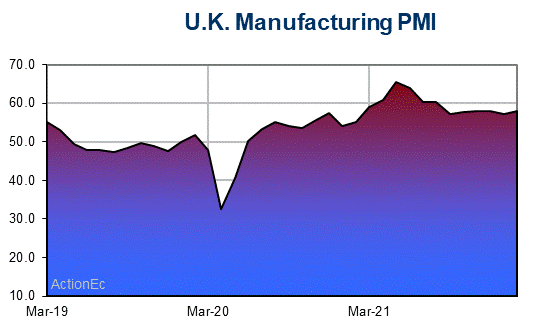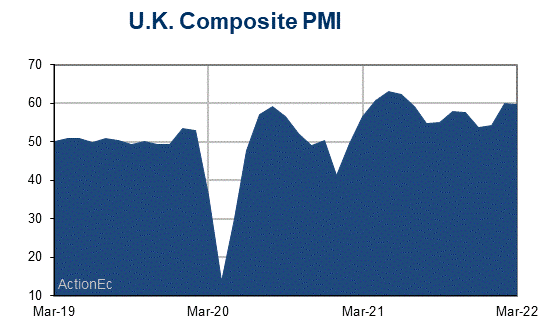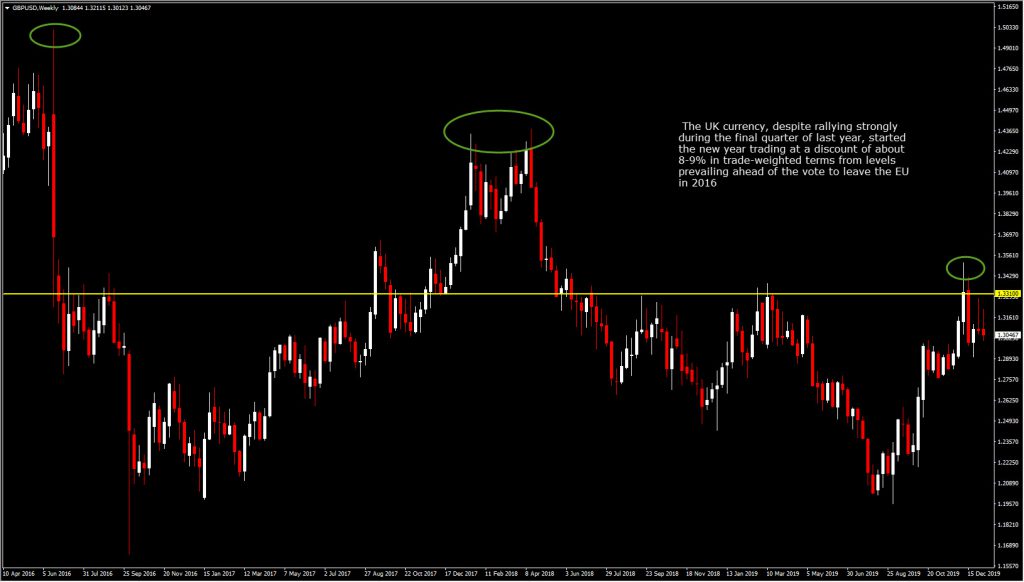Today the Pound dove over 0.5% on BoE remarks from Governor Carney, who, despite noting some early signs of improvement since last month’s election, described economic growth as remaining below potential while disclosing that members have been discussing stimulus.
Meanwhile, on the Brexit front, the Withdrawal Agreement Bill is set to comfortably pass the remaining stages in House of Commons votes today before passing to the House of Lords. Once passed in the Lords, which is expected, the bill will then pass on for royal assent, a formality where the Queen signs it into law. This will set Brexit up for January 31.
UK prime minister Johnson met with European Commission chief Von der Leyen late yesterday, which produced a lot of platitudes about mutual respect, common ground, etc, as the two sides commence talks about a new trading relationship. Before their meeting, Von der Leyen had made it clear that a comprehensive agreement would be “impossible” in the 11-month time frame Johnson has set, which is a view that ourselves, and many others, concur with.
The reality is that it will take years to replicate the trading terms the UK has enjoyed as part of the EU’s single market, along with the 40 trade deals the EU has with some 70 other economies and trading areas — and this should keep a cap on the Pound’s upside potential in 2020. This will likely cause Johnson to relinquish his promise to “die in a ditch” rather than let Brexit be extended beyond October.
In the UK now……things do not look good either!
PMI data could also curtail the pound’s upside this year, as they point so far to an 8th consecutive month of contraction. The UK final December Manufacturing PMI (Jan. 2) came in at 47.5, fractionally higher than the preliminary estimate of 47.4, but down from 48.9 in November and the second weakest level in nearly seven-and-a-half years. Output, new orders and new export orders declined sharply, while job losses were seen for a 9th consecutive month in the sector.
Ongoing concerns surrounding economic, global trade and political outlooks were cited as weighing on activity, in a survey conducted before the election.


On the other hand, the services PMI (Jan 6) was revised up to 50.0 from 49.0 and also showed a rise in job creation in the sector, to the best levels in 5 months. This left the composite for December at 49.3 – up from 48.5 in the preliminary reading and unchanged from November. It is hoped that the lifting of the Brexit and political fog following the December 12 election will unleash pent-up business investment, and data in the months ahead could show a marked rebound.
This said, 2020 promises to be a challenging year as the UK starts negotiations with the EU and other global economies and trading areas to form new trade deals.
Click here to access the Economic Calendar
Andria Pichidi
Market Analyst
Disclaimer: This material is provided as a general marketing communication for information purposes only and does not constitute an independent investment research. Nothing in this communication contains, or should be considered as containing, an investment advice or an investment recommendation or a solicitation for the purpose of buying or selling of any financial instrument. All information provided is gathered from reputable sources and any information containing an indication of past performance is not a guarantee or reliable indicator of future performance. Users acknowledge that any investment in Leveraged Products is characterized by a certain degree of uncertainty and that any investment of this nature involves a high level of risk for which the users are solely responsible and liable. We assume no liability for any loss arising from any investment made based on the information provided in this communication. This communication must not be reproduced or further distributed without our prior written permission.




















